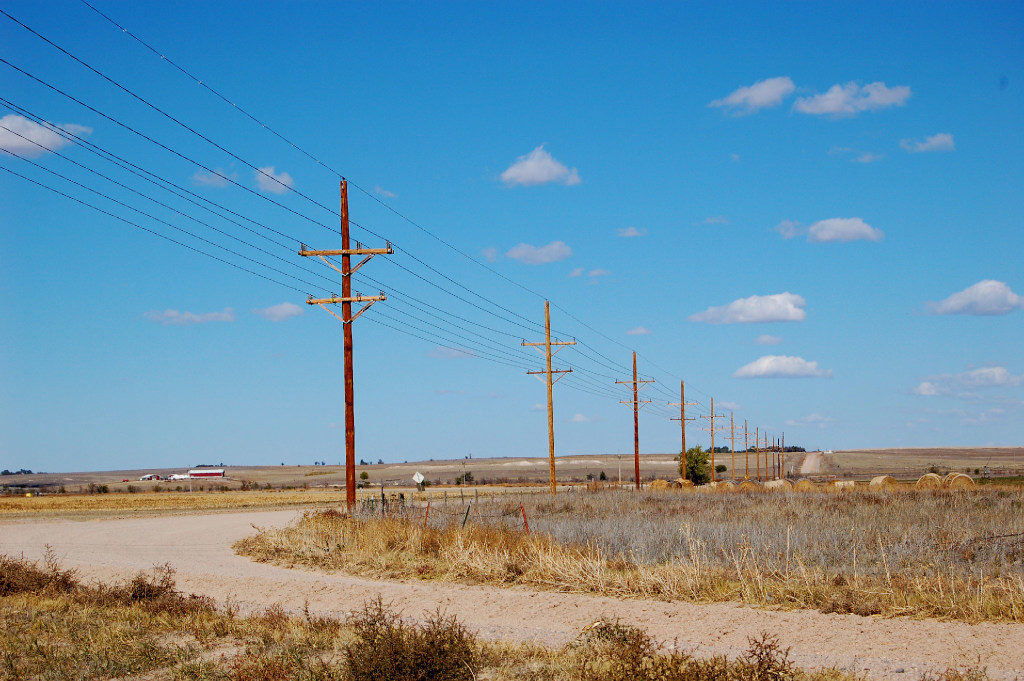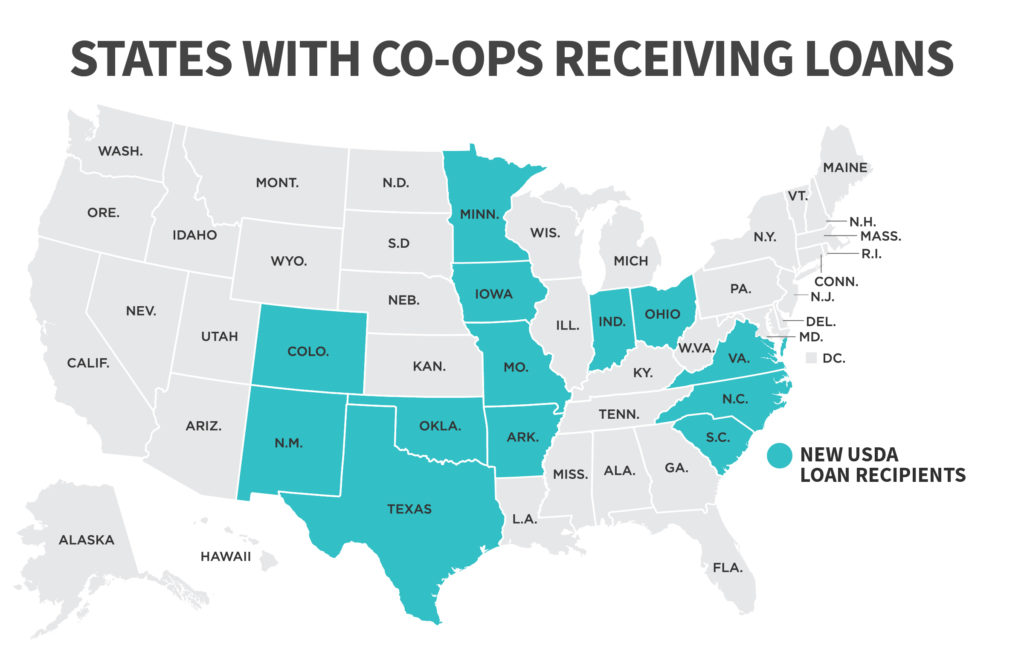
Electric cooperatives in 13 states will receive nearly $400 million in loans and loan guarantees from the U.S. Department of Agriculture to upgrade their infrastructure and install smart grid technologies.
“Reliable and affordable electricity is undeniably a necessity in today’s world,” said Anne Hazlett, USDA assistant to the secretary for rural development, in a statement announcing the loans Sept. 19.
“Under the leadership of Secretary Sonny Perdue, USDA is committed to being a strong partner in keeping our rural communities connected to this essential infrastructure.”
The low-interest loans are being made through the Electric Infrastructure Program and will go to co-ops in Arkansas, Colorado, Indiana, Iowa, Minnesota, Missouri, New Mexico, North Carolina, Ohio, Oklahoma, South Carolina, Texas and Virginia.
The loans include nearly $43.7 million for smart grid technology, including computer applications, two-way communications and geospatial information systems.
In addition, a $68.5 million loan will go to Stuttgart Solar to finance the construction of a 475-acre, 81-megawatt solar project in Arkansas. A subsidiary of NextEra Energy Resources, the solar company and investor-owned utility Entergy Arkansas have a 20-year power purchase agreement.

Source: U.S. Department of Agriculture (Image by NRECA)
In Virginia, Southside Electric Cooperative will use a $47.7 million loan to add some additional 1,850 residential and commercial accounts in its Crewe service area, including an embassy security training facility near Fort Pickett. Known as a Foreign Affairs Security Training Center, the U.S. Department of State is scheduled to open the facility next year.
The loan will enable the co-op to continue a strategic initiative requested by directors about 10 years ago to focus on system reliability, said George Felts, vice president of engineering services.
The initiative includes constructing several distribution projects for load growth projected in areas southwest of Richmond and “identifying and completing work on a number our poorest-performing distribution feeders to continue our trend of improved reliability for our membership,” said Felts.
Victoria A. Rocha is a staff writer at NRECA.